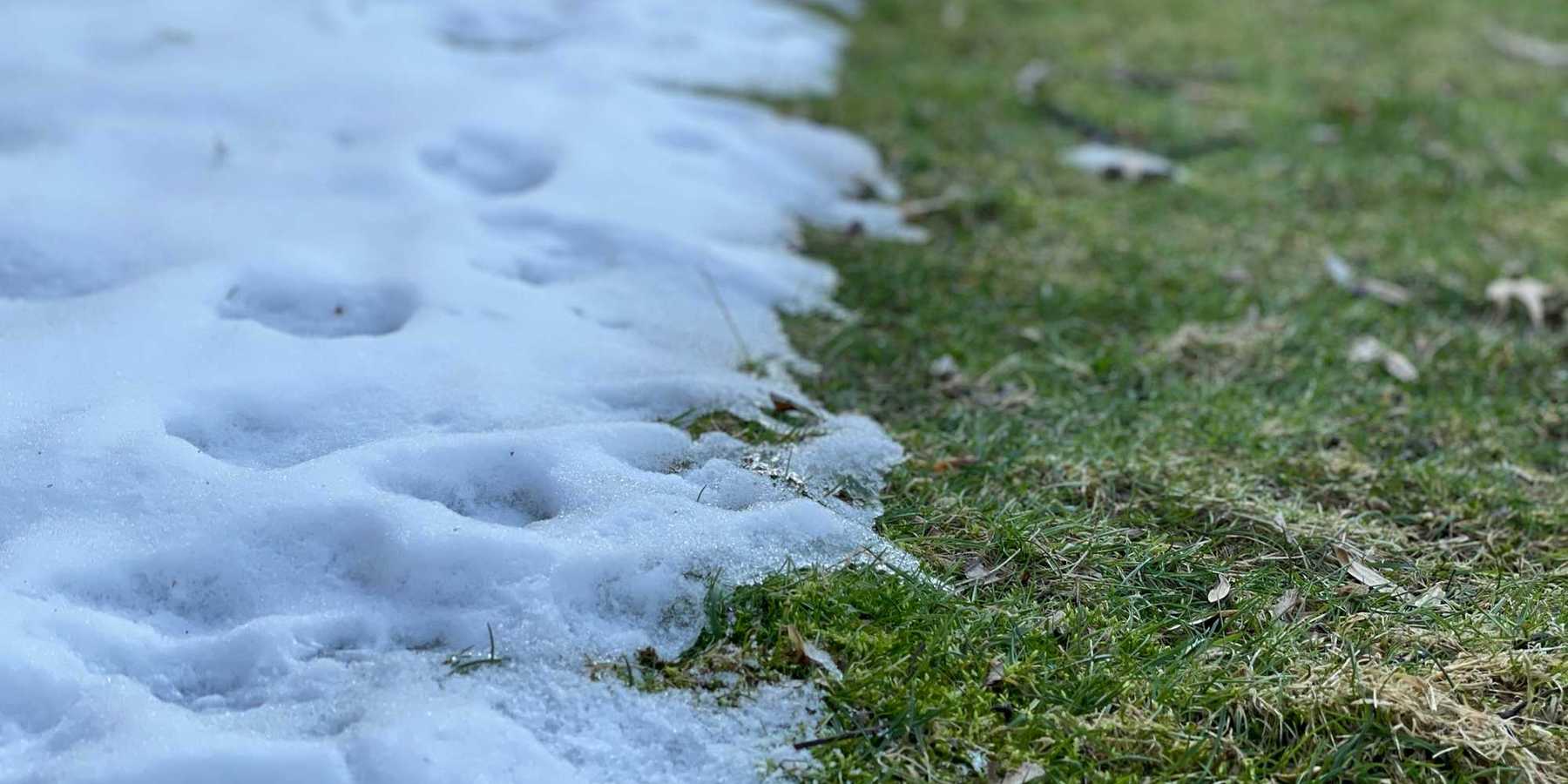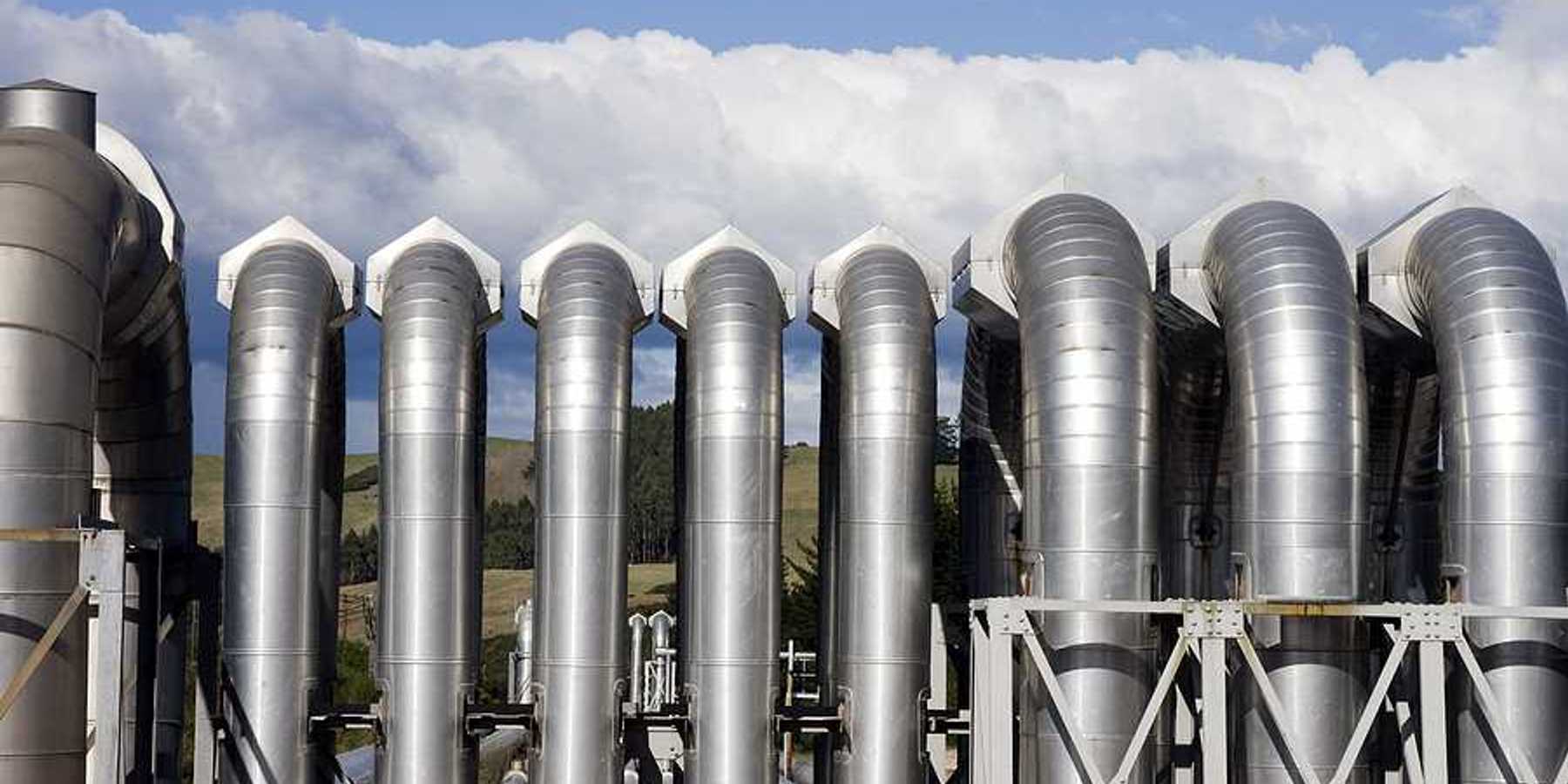High temperatures linked to increased heart risks, study finds
As record-setting heat strikes the eastern U.S., new research shows that exposure to heat waves significantly raises the risk of cardiovascular problems, according to new research.
Victoria St. Martin reports for Inside Climate News.
In short:
- The study, published in JAMA Cardiology, reviewed 500 observational studies on high temperatures and extreme weather's impact on heart health.
- Researchers found cardiovascular risks increase with prolonged heat exposure, especially in cooler regions without widespread air conditioning.
- Wildfires and extreme weather events like hurricanes elevate cardiovascular disease risks long after the initial events.
Key quote:
“I think we can advance the conversation on climate change. If we point out to people that there are these effects on cardiovascular health, cardiovascular disease is not theoretical or something that is going to happen in the future. This is here and now.”
— Dhruv S. Kazi, associate professor at Harvard Medical School
Why this matters:
The research highlights a stark correlation between heat waves and a surge in cardiovascular issues, including heart attacks and strokes. Vulnerable populations, such as the elderly and those with pre-existing health conditions, are particularly at risk. The findings emphasize the need for better public health strategies to protect these groups during extreme heat events.













